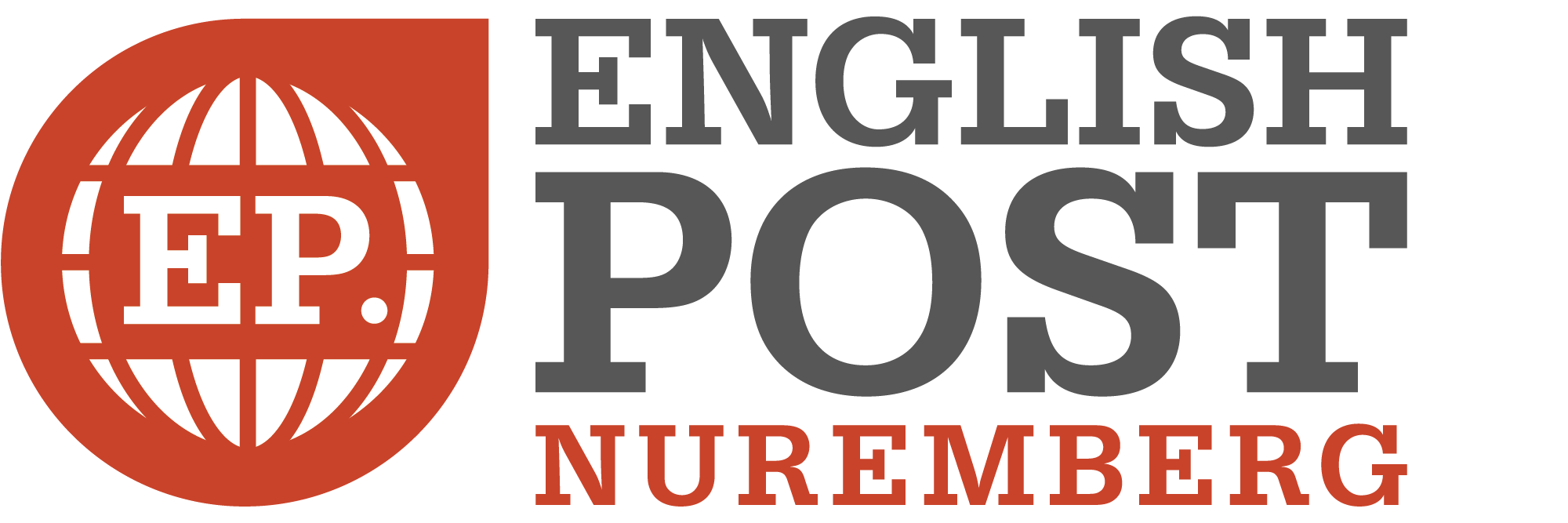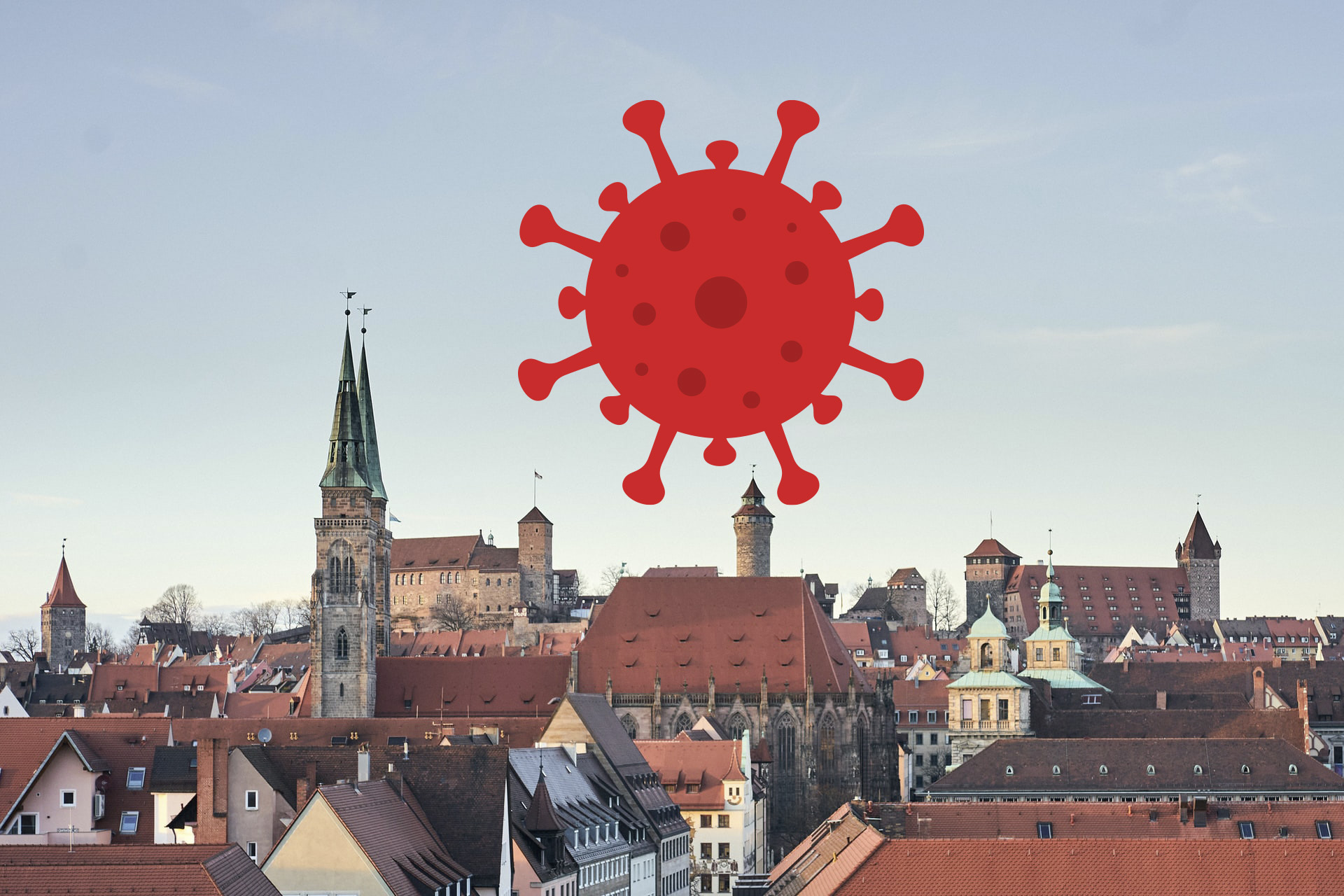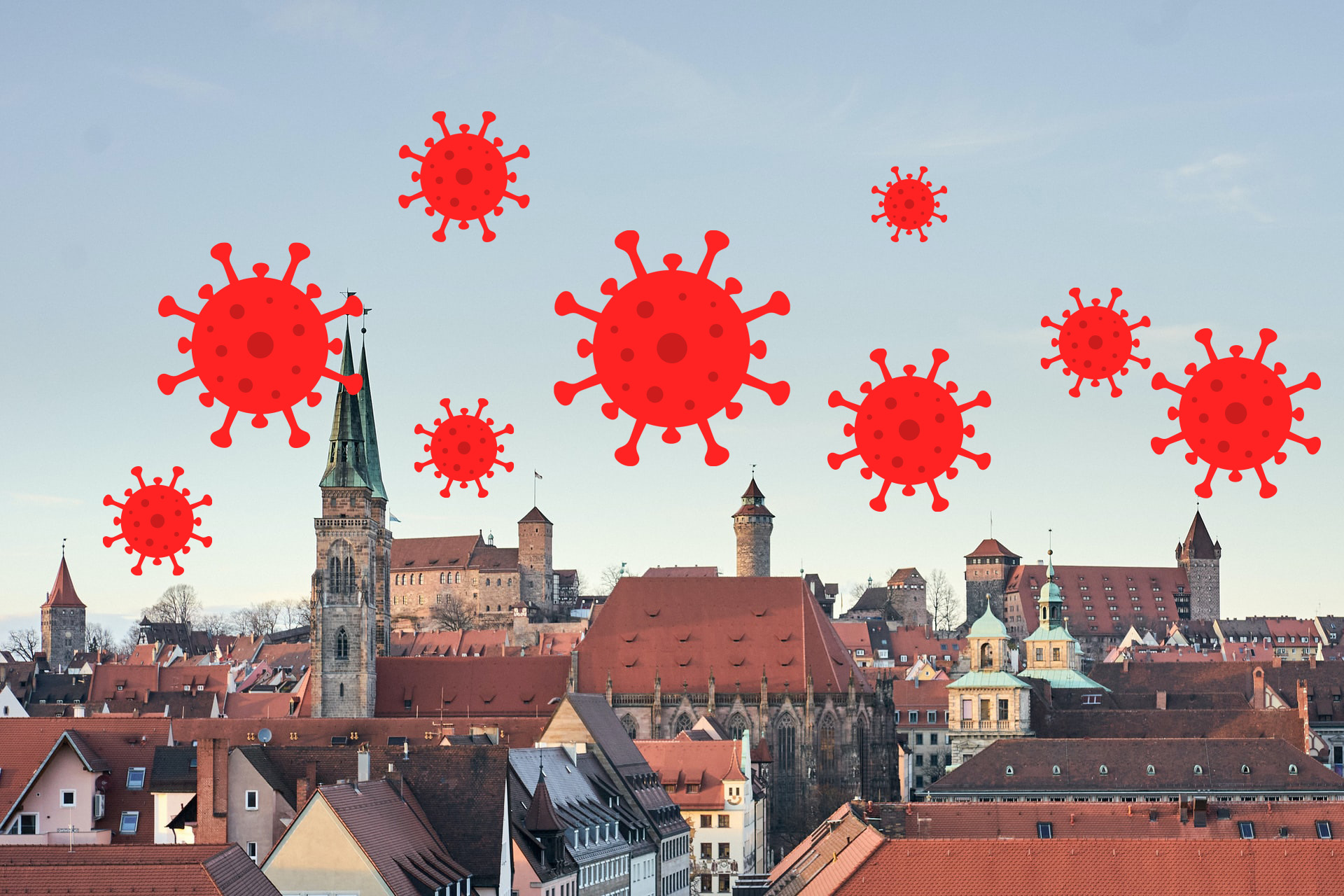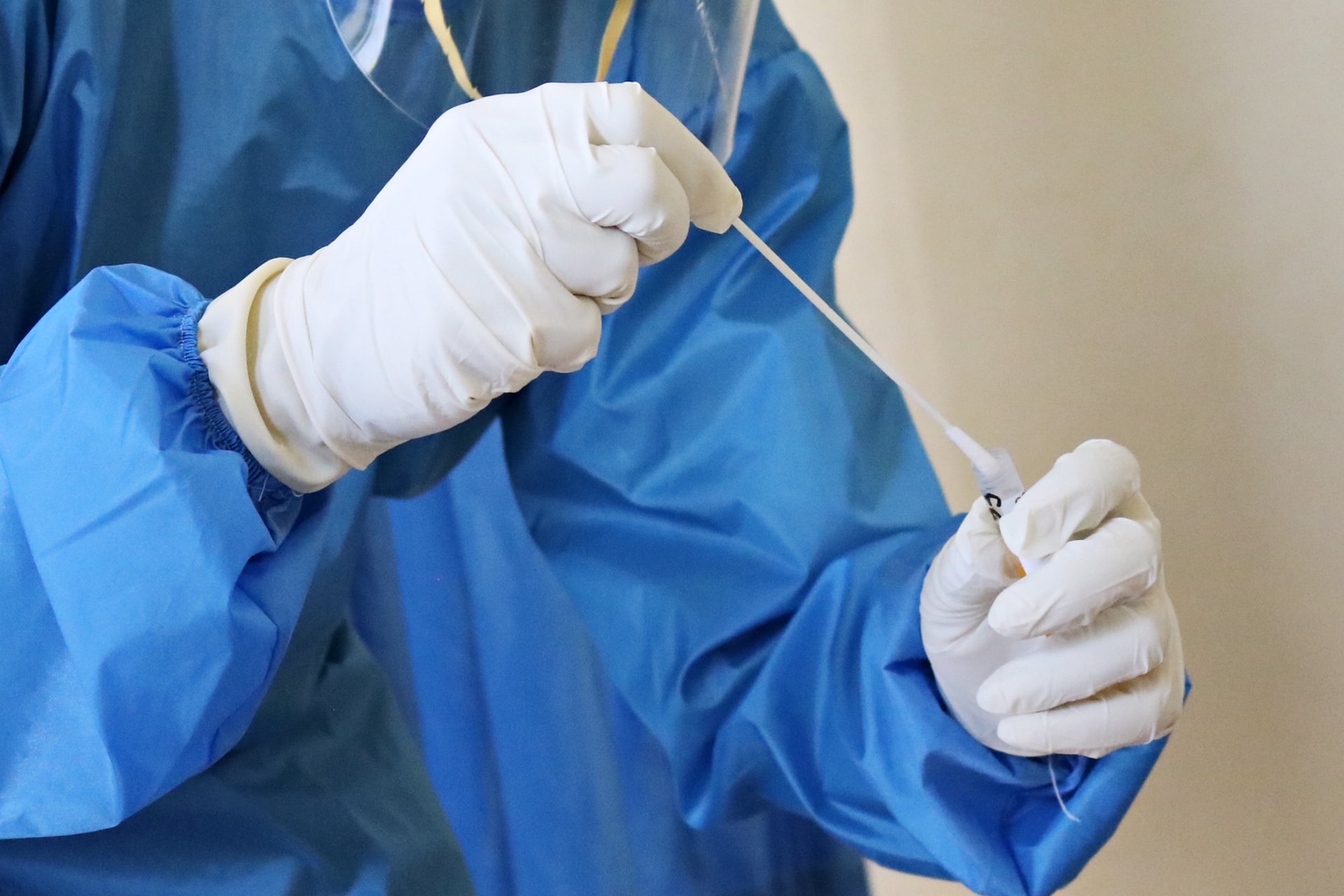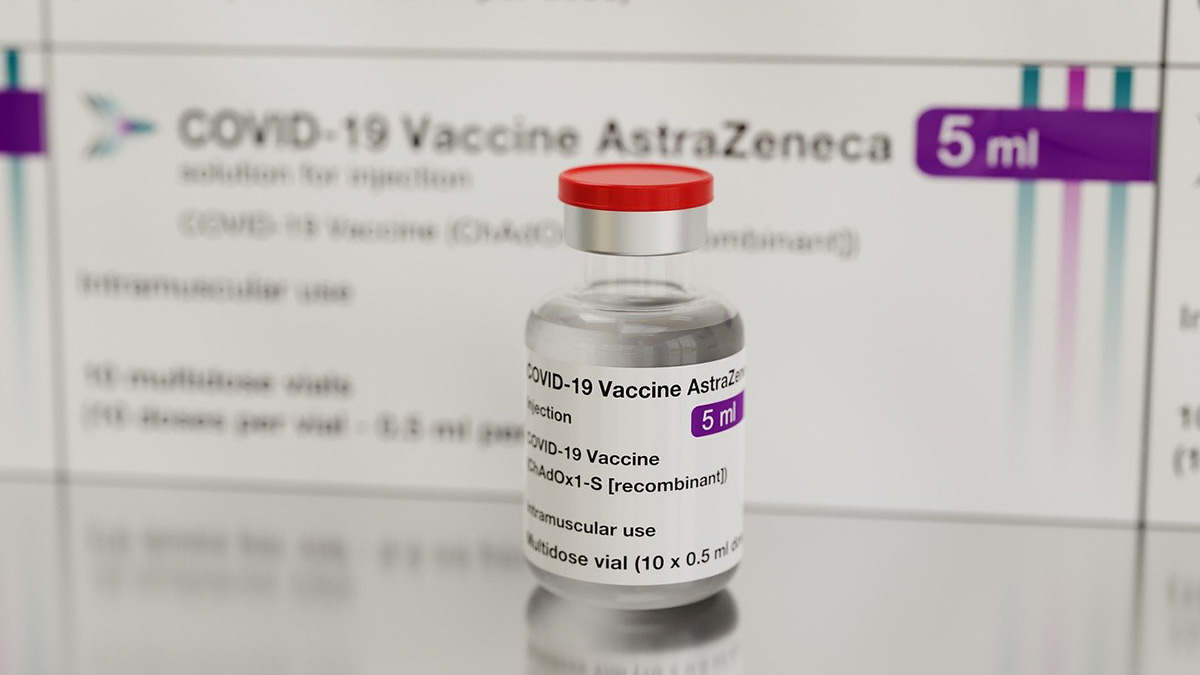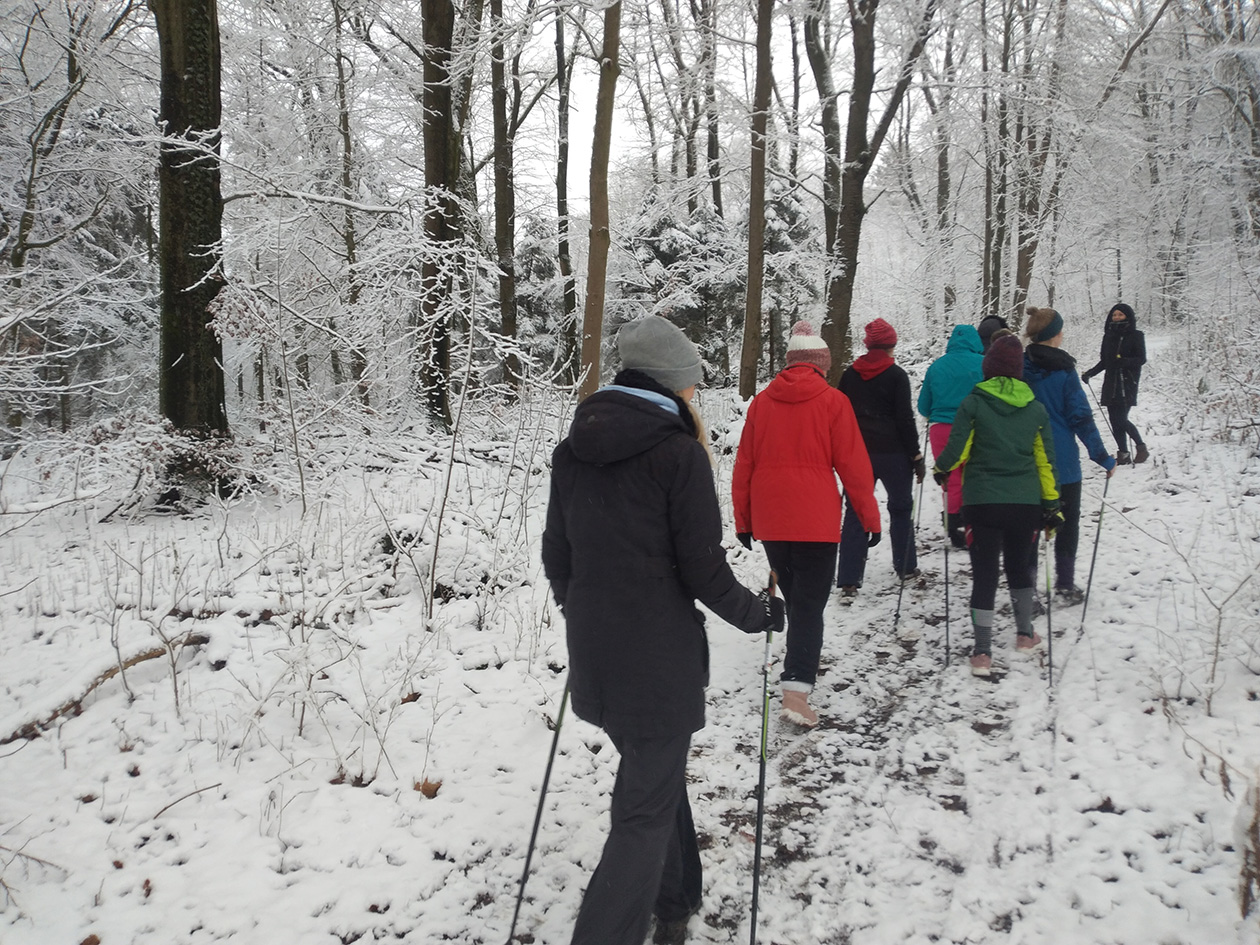COVID-19 / Corona Measures in Bavaria – The Current Regulations
This overview summarises the most important regulations. The Infection Protection Measures Ordinance in its currently valid version is legally binding.
Last edited: 17th February 2022.
A translation by English Post of an online publication by the Bavarian government. The original document, in German can be found here: https://www.buergerbeauftragter.bayern/wp-content/uploads/2022/02/AktuelleRegelungen_Download.pdf
Masks
The obligation to wear an FFP2 mask in buildings and enclosed spaces remains in force.
Exceptions
The FFP2 mask requirement does not apply in the following areas:
- In private spaces
- At a stationary standing or seated place while the minimum distance to persons who do not belong to one’s own household is maintained.
- In restaurants and establishements serving food at tables, when sitting at a table
- In services, if the nature of the service does not allow the mask to be worn.
Children and adolescents
Children up to their sixth birthday do not have to wear a mask. Children between the ages of six and 16 must wear at least a medical mask.
Masks at places of work
At the workplace, medical masks are the minimum standard. Employees must wear a medical mask during their official duties in compliance with occupational health and safety regulations. Employers may decide whether an FFP2 mask must be worn or whether a medical mask is sufficient and in accordance with occupational health and safety risk assessments.
Contact restrictions
Contact restrictions will cease to apply from the 17th February for vaccinated and recovered persons. For unvaccinated persons, they will continue to apply unchanged. Private gatherings involving persons who have not been vaccinated or recently recovered can only take place with the member of one’s own household and a maximum of two members of another household (regardless of their vaccinated or recovered status).
These regulations apply indoors and outdoors. Children up to their 14th birthday are exempt from the contact restrictions.
Access regulations
Access restrictions continue to exist, but the regulations are being relaxed: Formerly, 2G-Plus requirements will generally become 2G from the 17th February 2022.
Where do the 2G regulations now apply?
- Sporting and cultural events (operas, theatres, concert halls, stages, cinemas)
- Public and private events which take place outside private premises.
- Trade fairs, conferences and congresses
- Recreational facilities, including those in enclosed spaces.
2G also continues to apply in the catering and accommodation sectors as in spas, thermal baths and saunas.
Where does the 3G regulation apply?
From the 17th February, 3G regulations apply in the following areas:
- During sports activities,
- In fitness studios (gyms) and solariums
- In the educational sector – including universities, vocational training, further education and training, in extracurricular education and in music schools
- In libraries and archives
- During active participation in amateur ensembles, e.g. orchestra, drama.
3G continues to apply in all public transport, tourist bus and train journeys, and excursions on ships with regular timetables. Similarly, 3G also applies to body-related services that are not medical, therapeutic or nursing services – e.g. in hairdressing or beauty salons and tattoo studios.
Who has access to areas where 2G applies?
- Vaccinated and recovered persons
- From the 17th February, pupils who are regularly tested as part of their school attendance will have access to areas where 2G is in effect.
- Persons who cannot be vaccinated for medical reasons and who can prove this (original medical certificate with full name and date of birth). They also need a current negative test certificate (negative rapid test, max. 24 hours old, is sufficient).
Who has access to areas where 3G applies?
- Vaccinated, recovered and tested persons with current negative test evidence (PCR test, rapid test).
- Pupils subject to regular testing at school without additional test evidence.
- Children up to their sixth birthday and children who have not yet started school.
Approved test certificates and their period of validity
PCR tests are valid for 48 hours from the time the sample was taken. Rapid tests are valid for 24 hours from the time of sample collection. Self-tests are not sufficient for public transport, regional and long-distance transport, tourist bus and train travel, and excursions on boats with regular services.
Verification and retention of evidence
Where evidence of vaccination, recovery or a recent negative test is required, it must be verified by facilitators, operators, organisers, etc., using effective access controls, including checking identification.
Proof collected by facilitators, organisers, operators, etc., must be kept for two weeks.
Access without proof of identity
In retail and body-related medical, nursing or therapeutic services, no proof of vaccination or recovery and no current negative test is required.
Areas where 3G applies
Body-related services: 3G
In businesses that offer body-related services that are not of a medical, therapeutic or nursing nature – e.g. hairdressing and beauty salons, nail care and tattoo studios. Contact tracing is no longer necessary.
Public transport, tourist bus and train journeys as well as on excursions on ships with regular services: 3G
Passengers must have a vaccination, be convalescent or have current negative test proof (PCR test, rapid test). Self-tests are not sufficient here!
Pupils who are regularly tested at school do not need additional proof of testing.
Universities, adult education centres, extracurricular education and vocational education and training, music schools, libraries and archives: 3G
Applies to students, participants and pupils from the 17th February onwards.
Sporting activities, gyms: 3G
For sports activities in sports facilities and fitness studios, 3G applies from the 17th February – also inside closed rooms.
Areas where 2G applies
Catering and accommodation establishments: 2G
2G applies to guests of indoor and outdoor catering and accommodation establishments. Underage students who regularly test negative at school are admitted regardless of their vaccination or convalescent status.
The curfew in catering establishments is now abolished.
Guests who are not vaccinated or have not recovered are also allowed to stay in accommodation establishments if it is absolutely necessary and cannot be postponed.
They must have a current negative rapid antigen test on arrival and during their entire stay.
Zoological and botanical gardens, memorials, amusement parks: 2G
In zoos, botanical gardens, cemeteries, amusement parks and similar open-air facilities, visitors are subject to 2G from the 17th February. Restrictions on capacity (50% occupancy) no longer apply.
Sporting events: 2G
For sporting events, 2G applies to spectators.
Capacity restrictions are in force (50%). For large, supra-regional sporting events, the upper limit is 25,000 people.
FFP2 mask and social distancing requirements apply.
Culture and cultural events: 2G
In theatres, operas, theatres and concert halls, cinemas, museums, exhibitions and cultural events, 2G applies.
Limits restrict visitors to 75% of maximum capacity. For large cultural events, the upper limit is 25,000 people.
FFP2 masks and social distancing requirements apply.
Leisure facilities: 2G
In leisure facilities, e.g. baths, spas and saunas, solariums, amusement arcades, indoor playgrounds, etc.
Maximum capacity of visitors here of 50%
FFP2 masks and distance requirements apply
Trade fairs, conferences, congresses: 2G
For visitors to trade fairs, 2G applies from the 17th February. A maximum of 25,000 people can be admitted per day. FFP2 masks and social distancing apply.
Private and public events: 2G
If private or public events take place in non-private premises, the 2G regulation applies from the 17th February.
Contact restrictions for vaccinated and recovered persons will be dropped without replacement.
An upper limit of persons applies for public events depending on the room’s capacity. A maximum 50% of the room’s capacity may be used. So many persons may be admitted as can be accommodated in the room while maintaining social distancing.
The FFP2 mask requirement applies; however, it is waived if guests occupy fixed seats at tables.
Areas where there are no access restrictions
Retail: access without verification
No access restrictions apply in the retail sector. From the 17th February onwards, the capacity restriction of 10 m2 per customer also ceases to apply.
However, the FFP2 mask requirement and social distancing remain.
Medical, nursing, therapeutic services: access without verification
Medical, nursing, therapeutic services, e.g. doctor’s surgery, physiotherapy, rehabilitation sport, speech therapy or chiropody, are still accessible without proof of vaccination, recovery or testing.
What applies to employers and employees?
According to §28 b of the Infection Protection Act, 3G applies nationwide in the workplace. For access to the workplace, employers and employees who cannot avoid contact with other persons at their workplace require proof of vaccination, recovery or testing. Acceptable testing evidence includes PCR testing (max. 48 hours old), rapid antigen testing (max. 24 hours old), or, if offered by the employer, self-tests carried out under the employer’s supervision or a person designated by the employer for this purpose.
Bars, clubs, discos, brothels, public festivals
Bars, clubs, discotheques, brothels are closed throughout Bavaria. Public festivals are currently not allowed to take place.
Schools and childcare
Compulsory masking
Masks are compulsory in schools: they are also required in the classroom, regardless of whether the minimum distance is observed or not, as well as during indoor sports lessons.
A cloth mask is sufficient in grades 1-4; all other pupils must wear at least medical face masks.
Tests
Pupils may only participate in face-to-face lessons, school events or lunch breaks if they provide a current negative test at least three times a week or take a self-test at school under supervision.
Teachers are subject to the regulations of § 28 b of the Infection Protection Act: Unless they have been vaccinated or have recovered, they must have a current negative test every working day.
Third parties, especially parents, may only enter the school premises if they fulfil the requirements of 3G.
If an infection occurs in a class, all pupils of that class will be tested daily for five teaching days.
Childcare
For children over the age of one, proof of testing is compulsory: guardians must provide credible evidence three times a week that they have tested their child negative for the coronavirus using self-tests. They receive authorisation slips for this purpose, with which they can pick up self-tests at pharmacies free of charge.
Proof of testing can also be provided by participating in PCR pool testing if this is offered in place of child care. It is also possible to present rapid antigen and PCR tests results.
Fixed care groups are set up. If an infection occurs in a group, all children are tested daily for five consecutive days starting the next day.
Employees in childcare facilities are subject to the regulations of
- 28 b of the Infection Protection Act: Unless they have been vaccinated or have recovered, they must have a current negative test every working day. Third parties, especially parents, may only enter the premises if they fulfil the requirements of 3G.
